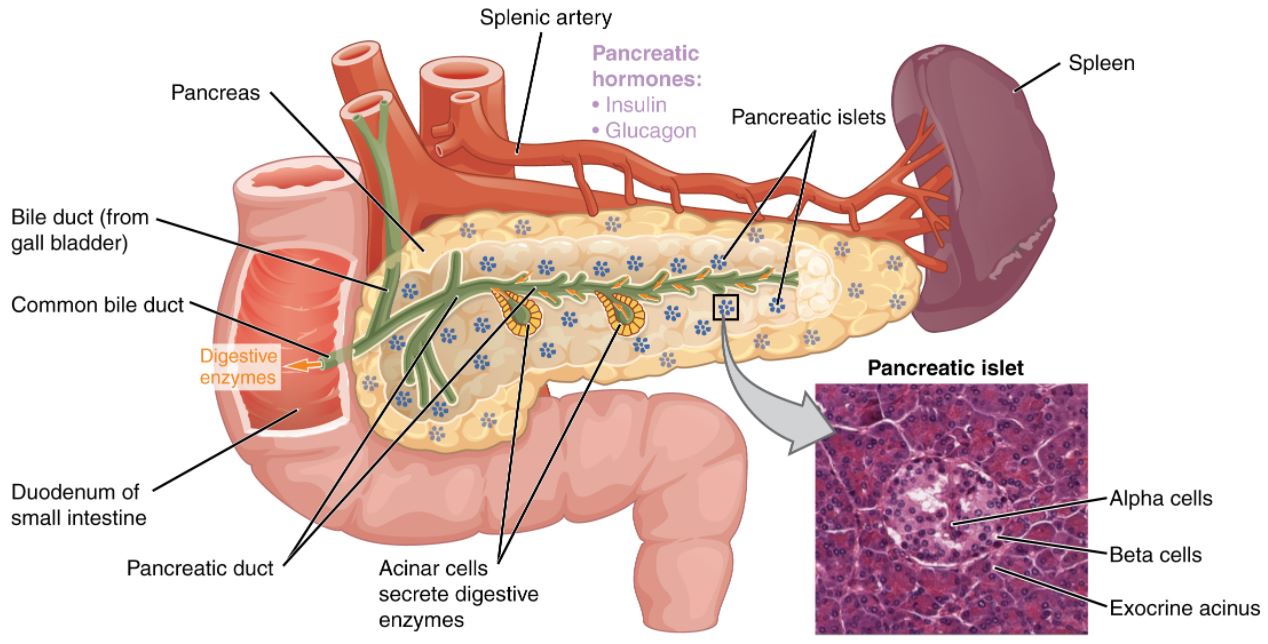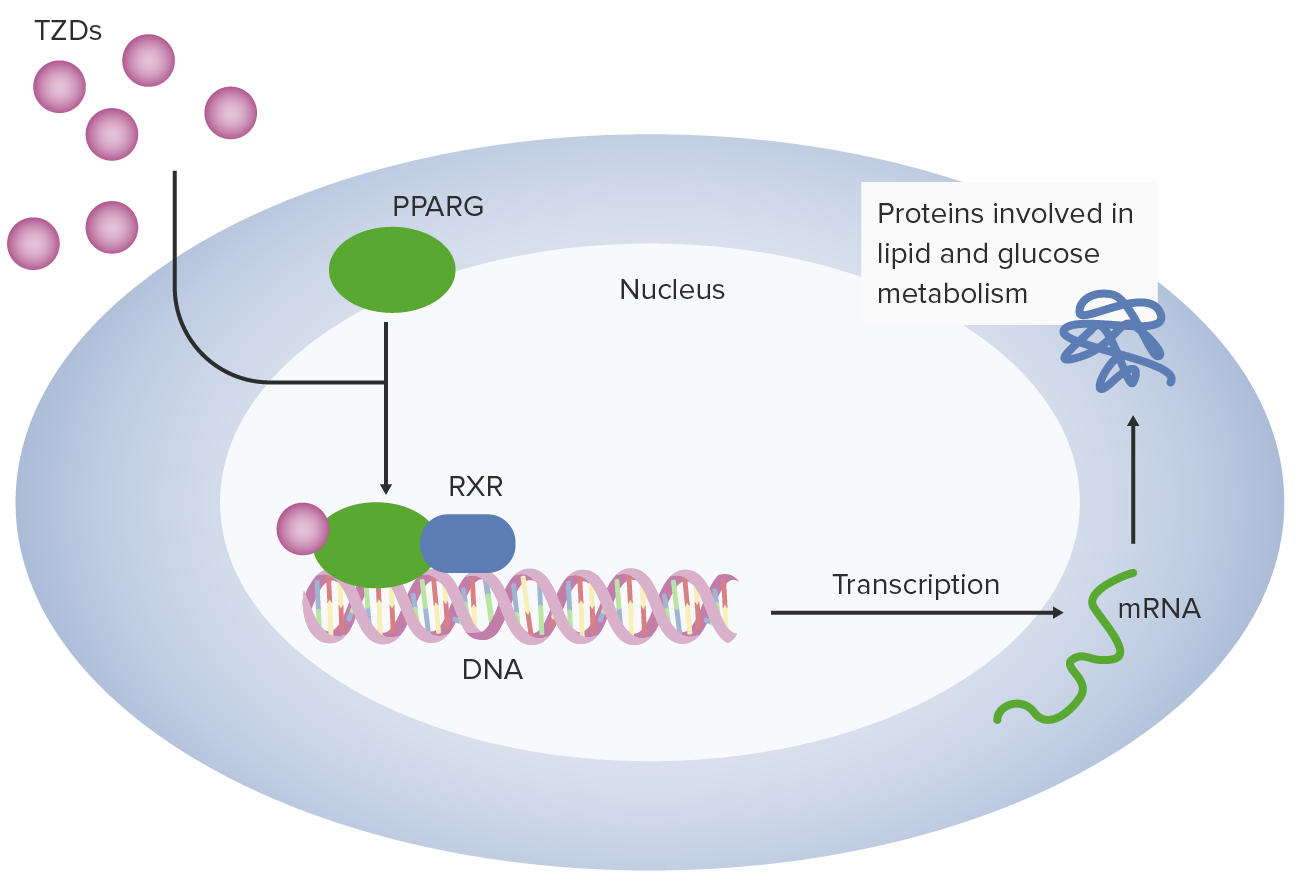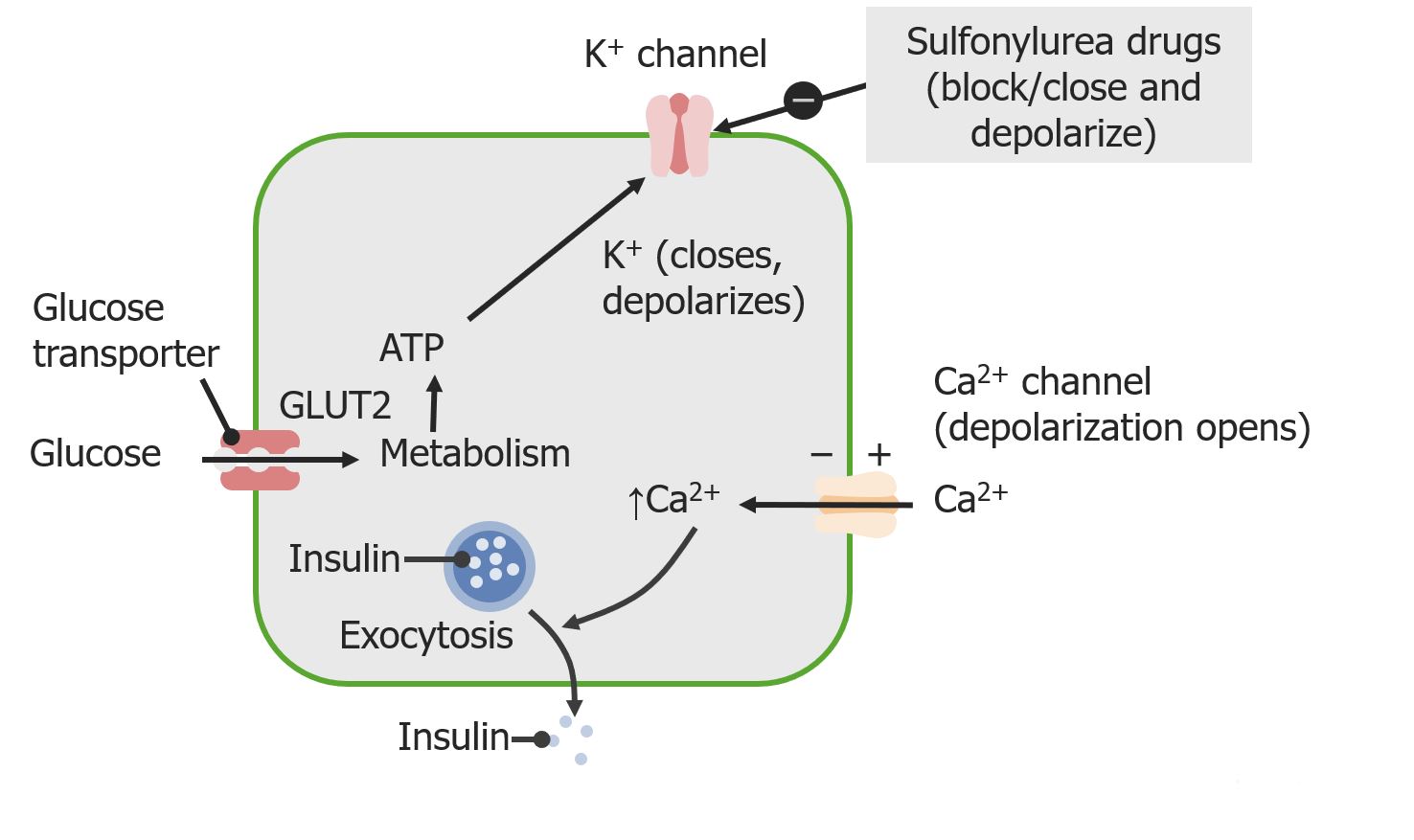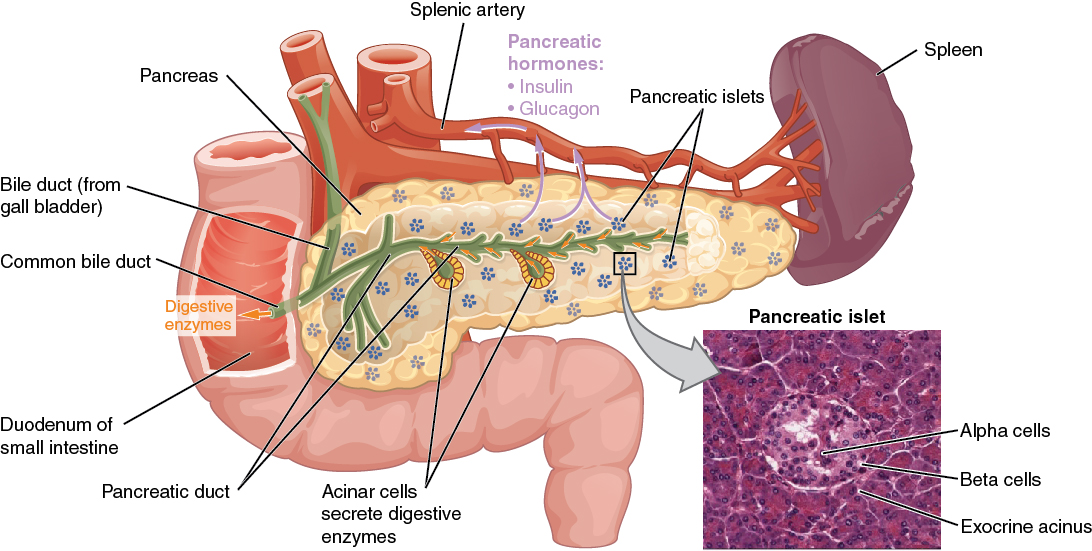Playlist
Show Playlist
Hide Playlist
Glucose Monitoring: Glucometer and Hemoglobin A1C – Treatment of Diabetes Mellitus
-
Slides HyperglycemiaDiabetesMellitus EndocrinePathology.pdf
-
Download Lecture Overview
00:03 Self-monitoring of glucose, important, all diabetic should be given a glucometer. 00:09 Essential for taking... because once you’re given insulin, you’re always worried about your patient going to hypoglycemia. 00:15 Self-monitoring, well, what about HbA1C lab test? This is a lab test that is conducted so that you can measure your hypoglycemia. 00:25 What does it mean? It means that the glucose is then going to bind to haemoglobin by process known as glycosylation. 00:32 You’ve heard of that before, but you’ve heard of that before when we talked about pathogenesis of diabetes with non-enzymatic glycosylation where glucose there is binding to protein causing capillary damage. 00:44 What is glucose binding to here and how do you as a doctor measure your glucose? When it binds to haemoglobin. 00:52 Haemoglobin A1C measures glycemic control over a period of for the most part an average lifespan of an RBC which is 120 days or four months. 01:05 May be misleading condition which after an RBC longevity such as aplastic anaemia and chronic haemolysis. 01:11 Now, these are conditions that are sort of integration point here is the fact that may be misleading. 01:16 Meaning to say that now, when you have aplastic or chronic haemolysis, then you’re going to have rapid destruction of that RBC and so, therefore, may actually show decreased HbA1C, keep that in mind. 01:29 They like that question only because it’s integrating the pharmacology and laboratory studies.
About the Lecture
The lecture Glucose Monitoring: Glucometer and Hemoglobin A1C – Treatment of Diabetes Mellitus by Carlo Raj, MD is from the course Pancreatic Disease and Diabetes.
Included Quiz Questions
What is the most common way for patients to monitor their blood glucose at home?
- Glucometer
- HbA1C
- Insulin dosing
- Pre-prandial symptoms
- Urine glucose dipstick
What is FALSE about hemoglobin A1C?
- Remains accurate in patients with aplastic anemia
- Reflects a 120-day period
- Measures the amount of glycosylated hemoglobin
- It is more accurate than patient home glucometer logs.
- It measures long-term control of blood glucose.
Customer reviews
5,0 of 5 stars
| 5 Stars |
|
5 |
| 4 Stars |
|
0 |
| 3 Stars |
|
0 |
| 2 Stars |
|
0 |
| 1 Star |
|
0 |







